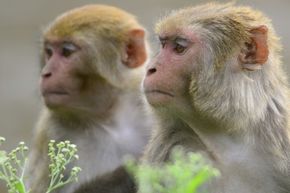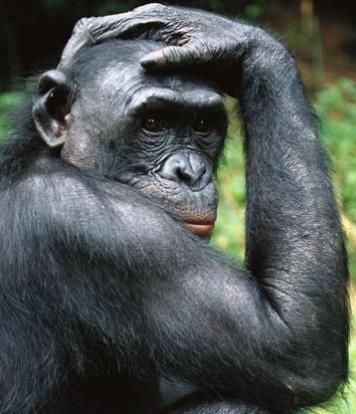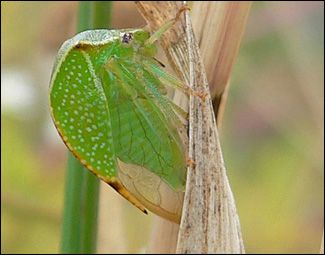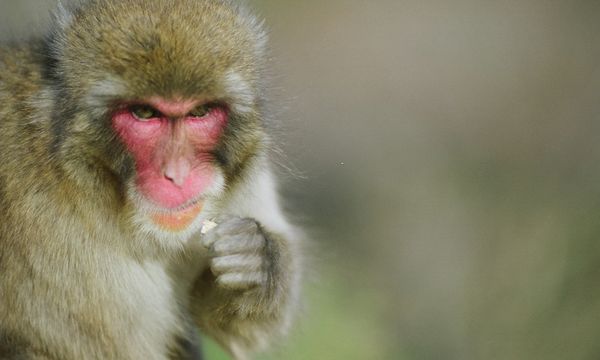Imagine you’re hours into a late-night poker match, holed up in the basement of a sketchy watering hole where tensions are rising. You know you should quit while you’re ahead, but you just can’t bring yourself to leave any winnings on the table. The streak has gone on so long, it’s like you can’t lose. Except you do. One bad card deals you a killer blow: The spell is broken, and your “hot hand” is gone. Unfortunately, it never existed in the first place.
Researchers have taken great pains to prove that the hot hand bias doesn't exist -- namely, the bias we carry that makes us believe we see patterns, including winning or losing streaks, where none exist.
Advertisement
Now we know that monkeys have this same superstitious bias, too. Oh, and they really love to gamble. It seems we species have more in common than just 93 percent of our DNA. We share an innate predisposition to believe our superstitions result in either preservation or gain [source: Richmond].
During a study by researchers at Clarkson University and the University of Rochester, rhesus monkeys played a fast-paced computer game with built-in rewards: correctly guess the next step in the pattern, get a treat. However, even when the sequence was random, the monkeys gambled like they were on a winning streak, showing a false belief in their run of good luck -- even when the reality was anything but lucky. Despite being given multiple opportunities to rehearse a different scenario, the monkeys stuck to the patterns they perceived to be winning ones [source: Blanchard et al.].
Gambling monkeys hell-bent on a hot hand is one thing; figuring out why they share our penchant for patterns is another. Researchers point to the odds of finding food in a monkey's natural habitat. If a monkey finds a plump beetle under tree bark once, it's a clue that he should check nearby trees, too. If he finds another beetle nearby, it reinforces a pattern the monkey will probably repeat the next time he's hungry -- even though he may never find that second beetle the next 20 times he seeks it.
It seems neither monkeys nor humans really make decisions free from bias, and we don't even recognize we're doing it. Take the process by which many humans decide to invest in a particular stock. A stock that rises one day is never guaranteed to rise the next. Or ever again. Yet we believe that if a stock went up once, it will do it again, and surely that will be the most logical investment.
This belief in winning and losing streaks may not be solely a product of life experiences, as was previously thought. It's one that is shared with monkeys, lending a potential genetic component to superstitions that may lead to new approaches to gambling addiction, decision-making theory and more [source: University of Rochester].
Advertisement



